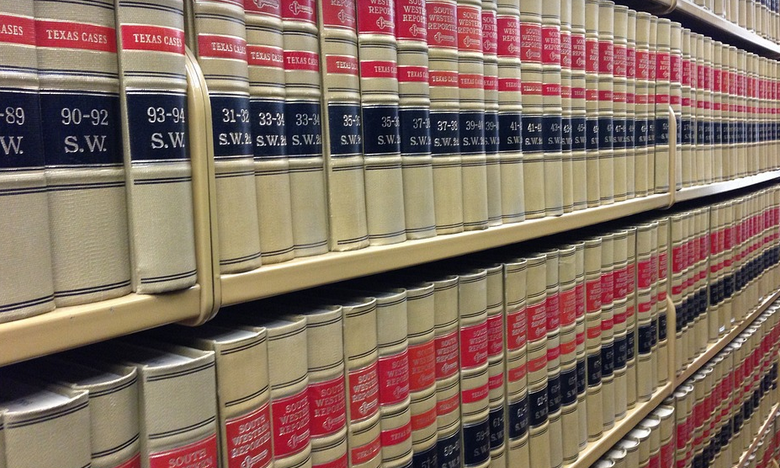Navigating the world of religious exemptions in New Jersey can feel like a labyrinth. Lots of rules and regulations are involved, often adding extra pressure to the decision-makers. Fortunately, you don’t have to tackle this alone! We’re here to break down the process, provide helpful resources, and offer guidance on crafting a clear and compelling religious exemption letter in New Jersey.
Understanding Religious Freedom in NJ
New Jersey recognizes the importance of religious freedom under the First Amendment of the U.S. Constitution. The state constitution also reflects this understanding, safeguarding individual rights to practice religion freely without interference from the government or employers. This applies to various aspects of life, including work and education.
However, New Jersey law is clear: a person’s religious beliefs can only be used as an excuse for not fulfilling certain obligations, such as laws based on public safety or health regulations. While people have the right to practice their faith freely, it doesn’t give them the freedom to opt out of all responsibilities.
In some situations, there might be a conflict between religious beliefs and legal requirements or employer policies. For instance, if a job requires a specific timekeeping policy, but your religion dictates you can’t work during certain hours, it’s important to approach the situation with clear communication.
The Importance of the Letter: Your Guide in NJ
A well-crafted religious exemption letter serves as a crucial step in asserting your right to religious freedom. It’s designed to provide evidence and context for your request, especially when it comes to situations like working schedules or public accommodations.
This document can be extremely valuable if you need to:
- Request an exemption from specific work duties that clash with your religious beliefs.
- Challenge a policy that conflicts with your faith in a legal setting, like the state or federal level.
- Communicate your religious practices to employers or other organizations for clarity and understanding.
Developing Your Letter: Key Elements
A strong religious exemption letter is much more than a simple declaration of beliefs. It’s about clear, written communication that helps you navigate complex situations effectively. The key elements to include are:
- **Your Name:** Start by clearly stating your full name and personal details.
- **Contact Information:** Provide a phone number and email address where you can be reached for further communication.
- **Religious Affiliation:** Clearly state the religion or faith you belong to.
- **Specific Request:** Describe precisely what exemption you are requesting, referencing your religious practices and how they affect your ability to meet specific demands.
- **Contextual Details:** Provide context for your request, especially if it relates to a particular job or policy. For example, “I require certain accommodations in my work schedule because of my faith’s teachings about Sabbath observance.”
- **Justification and Evidence:** Briefly explain the religious practices that hinder you from fulfilling the specific requirement, drawing on scriptures or other relevant sources to back your claim.
- **Alternative Solutions:** Offer possible solutions if feasible. If you can adjust your schedule or workload within certain parameters, discuss these options.
Crafting Your Letter: Professionalism & Clarity
Remember, a religious exemption letter is not just about getting what you want; it’s also about proving your sincerity and good faith. The tone of your letter should be professional and respectful, even when facing opposition.
Here are some tips to make sure your letter shines:
- Use Plain Language: ** Avoid overly technical or complicated language that might confuse the reader. Keep it clear and concise.
- **Stay Focused: ** Highlight the relevant details and keep a focused approach on your request.
- **Professional Format: ** Use formal letterhead, include all necessary information, and format your letter neatly for easy readability.
Seeking Expert Advice: Where to Go For Help
Navigating the intricacies of religious freedom can be challenging. While this guide offers a helpful overview, it’s crucial to seek professional guidance when necessary. Consider these resources:
- **The New Jersey Commission on Religious Freedom:** This commission provides information about religious practices and rights in the state. Visit their website or reach out for assistance.
- **Legal Counsel:** A lawyer specializing in employment or religious freedom law can offer legal guidance tailored to your specific situation and requirements.


